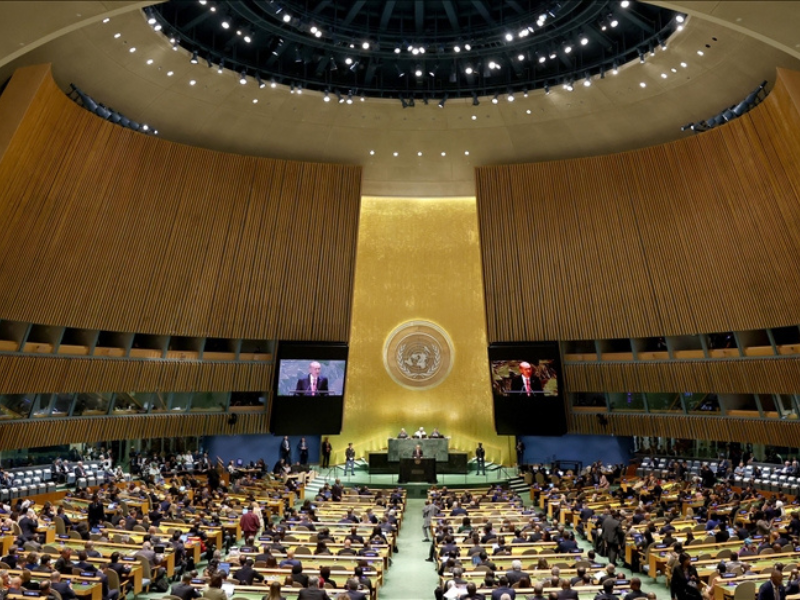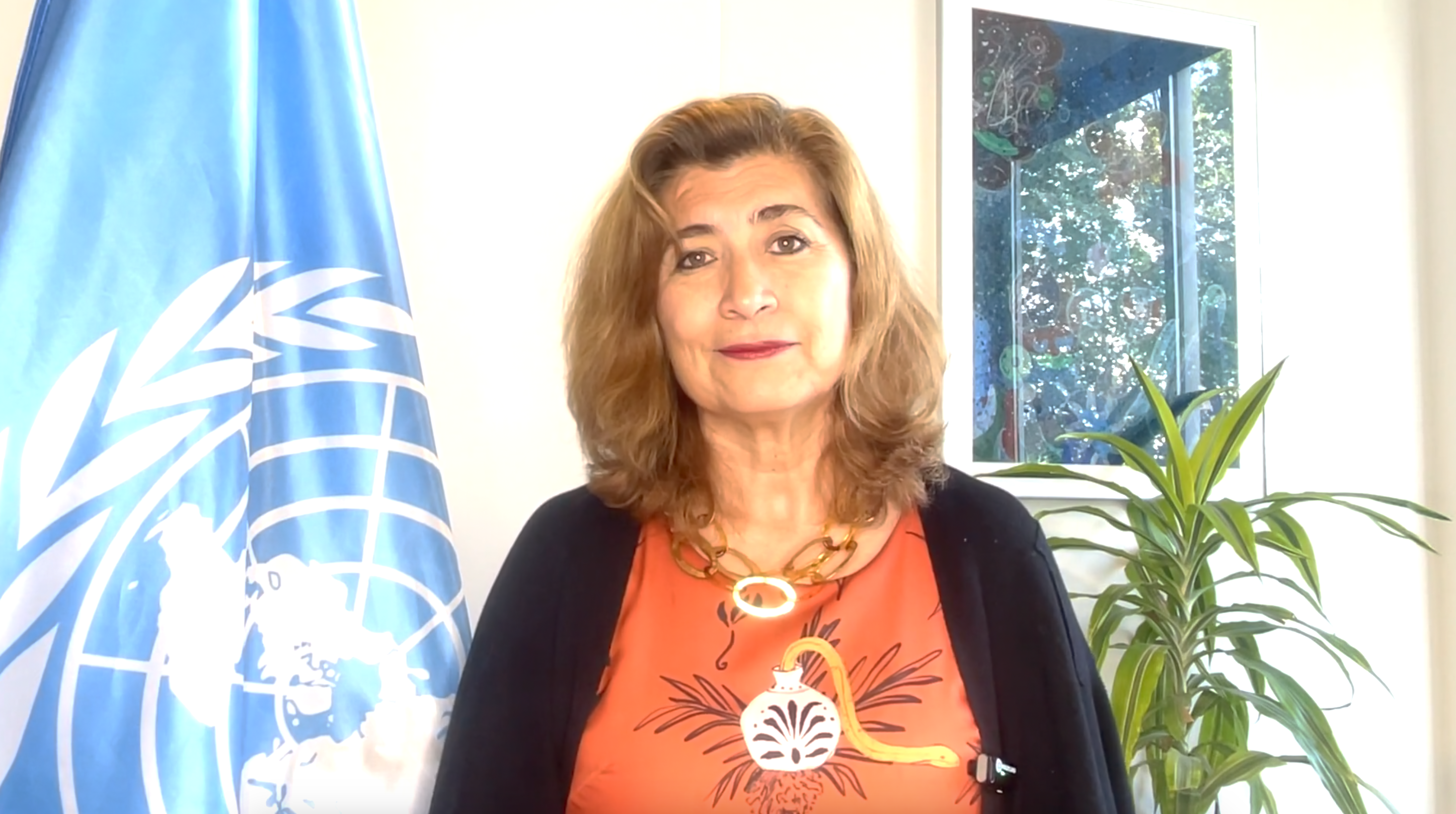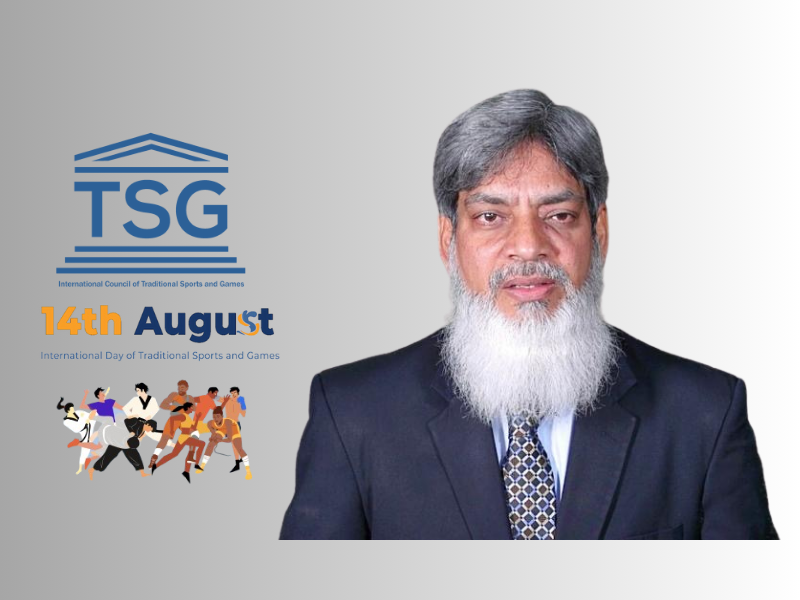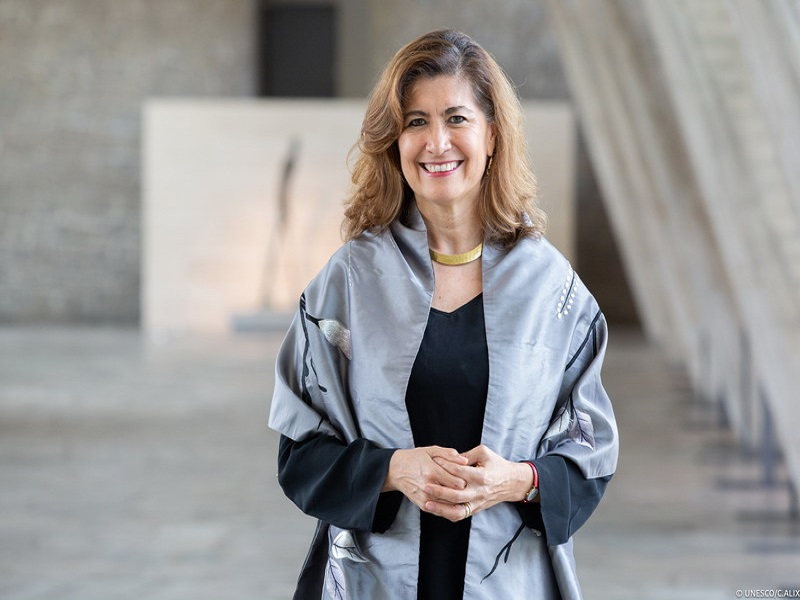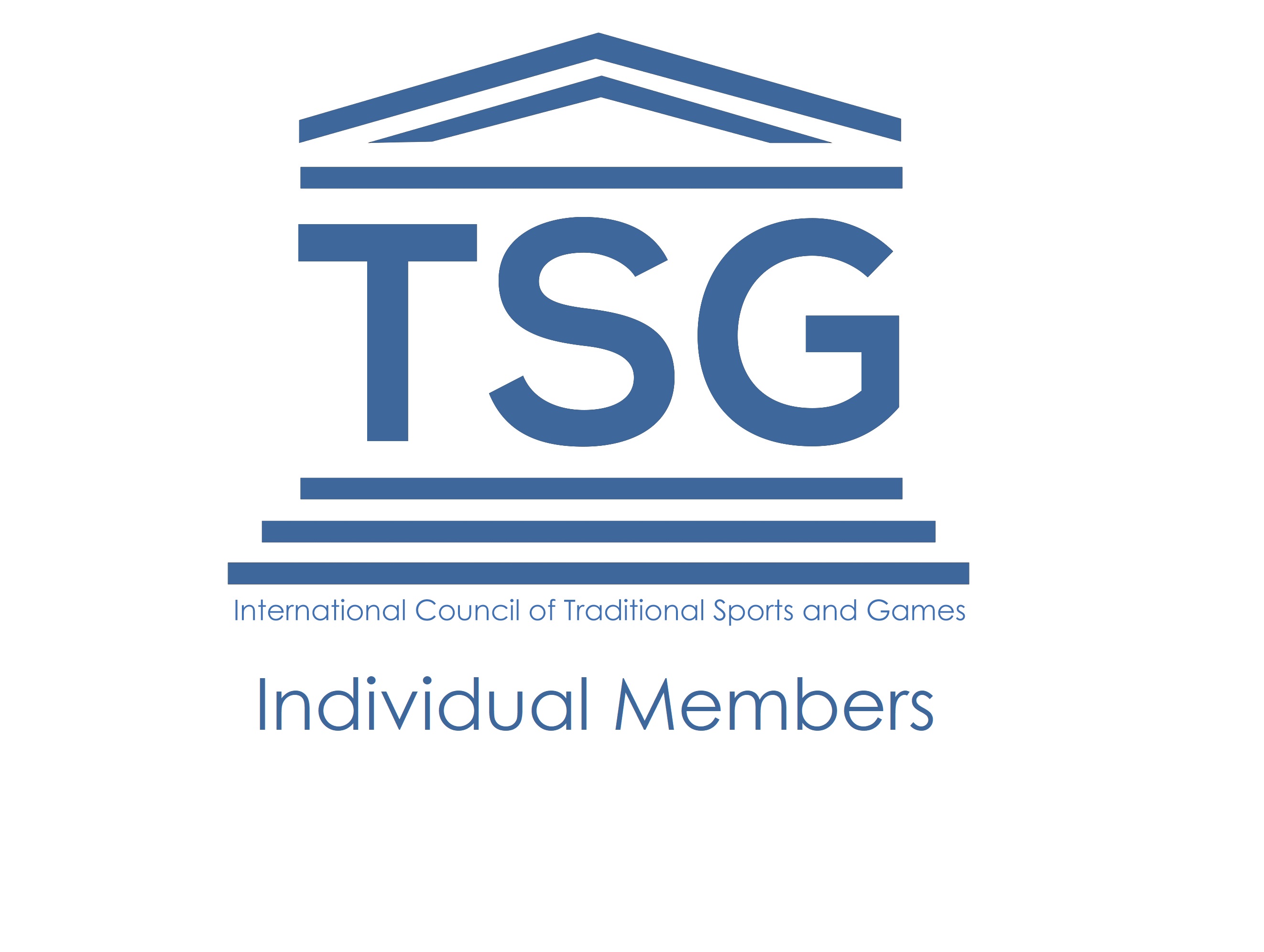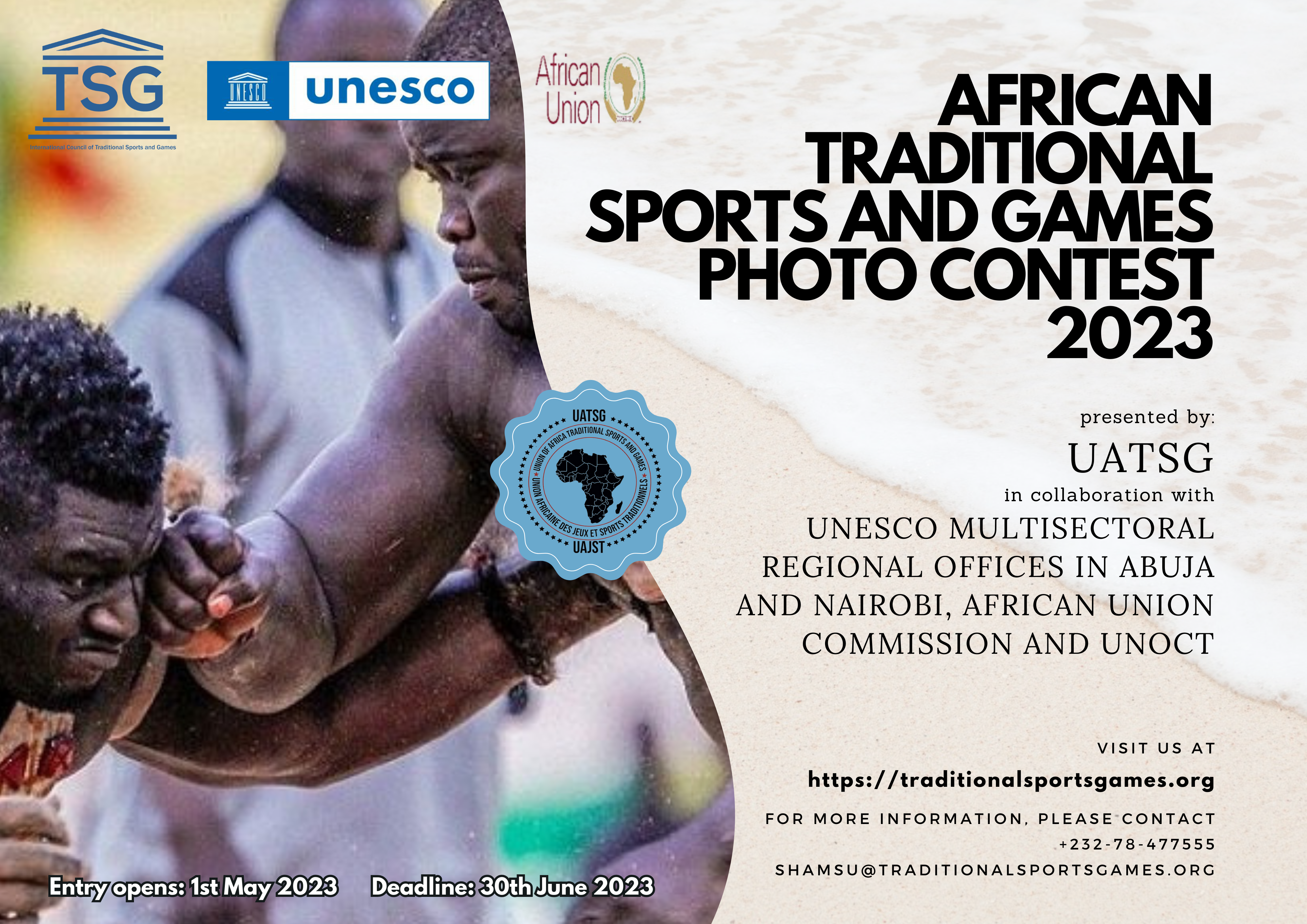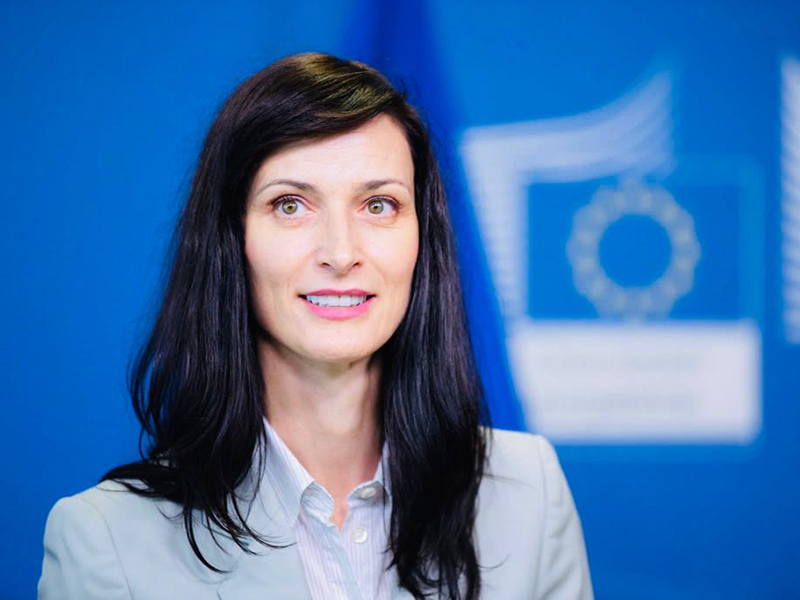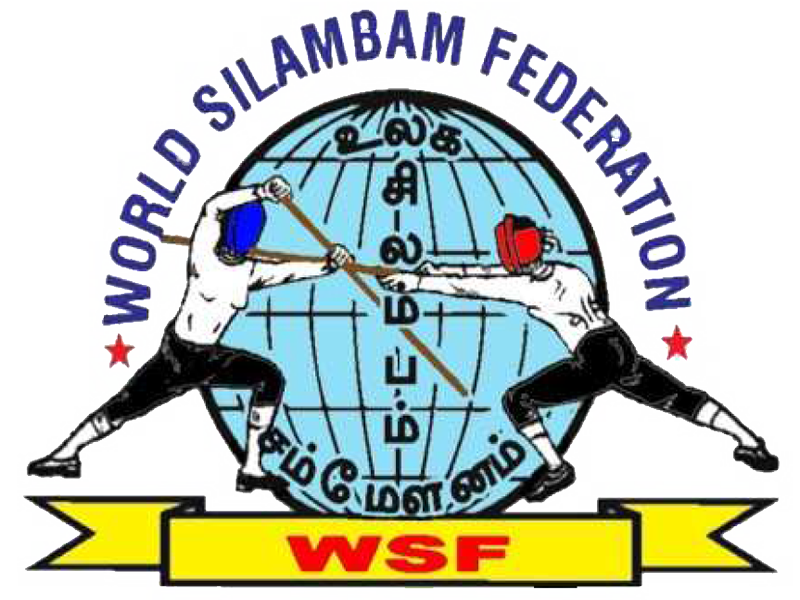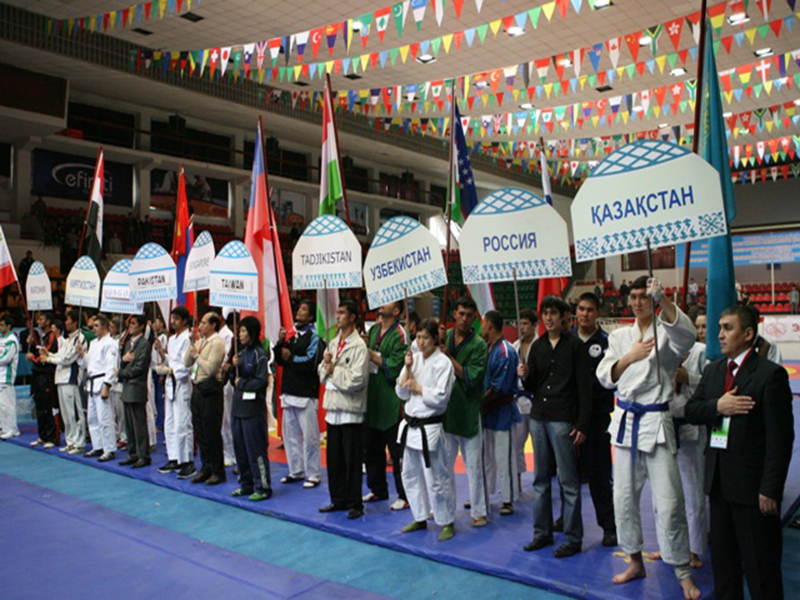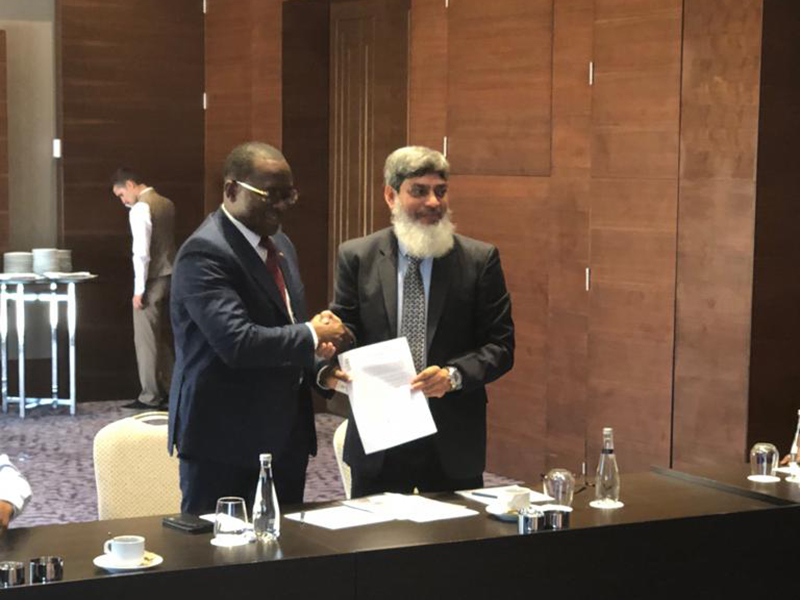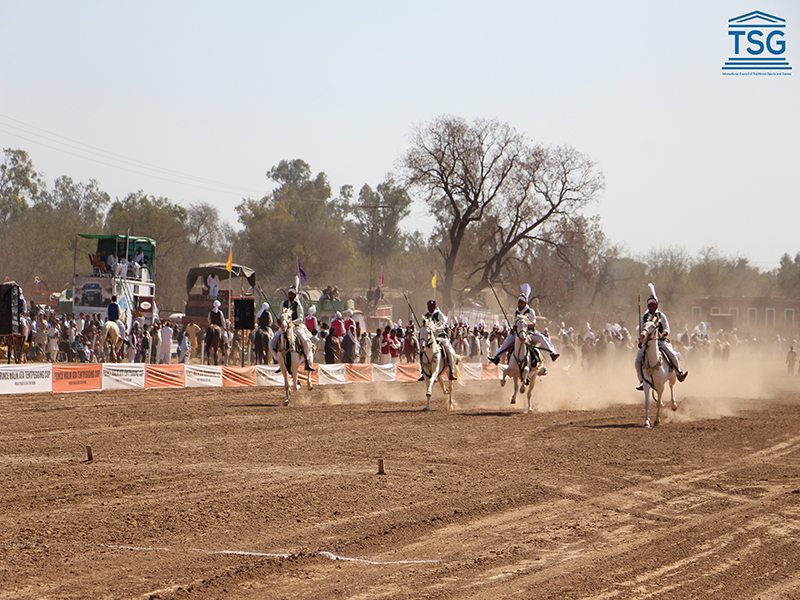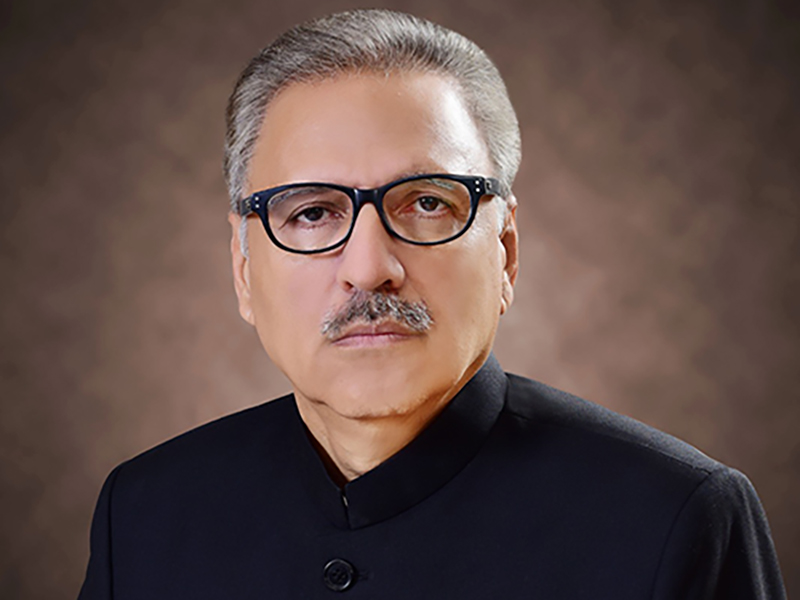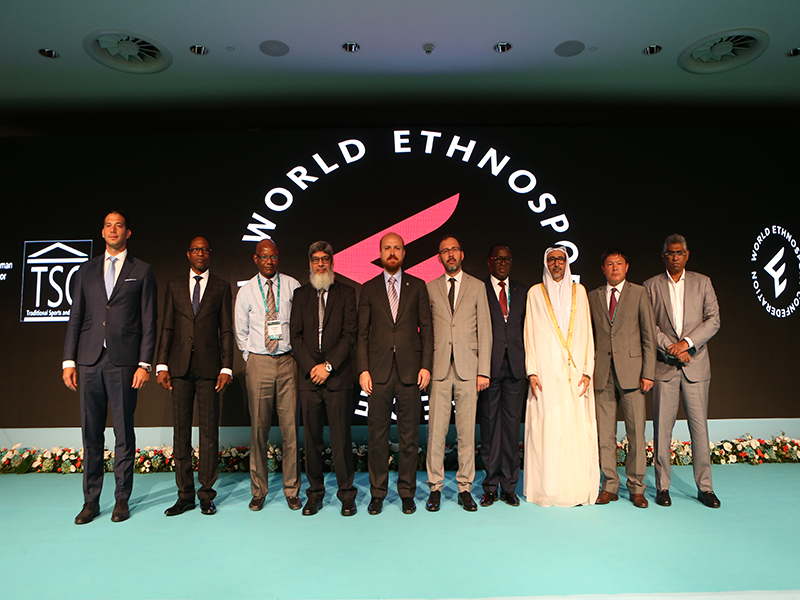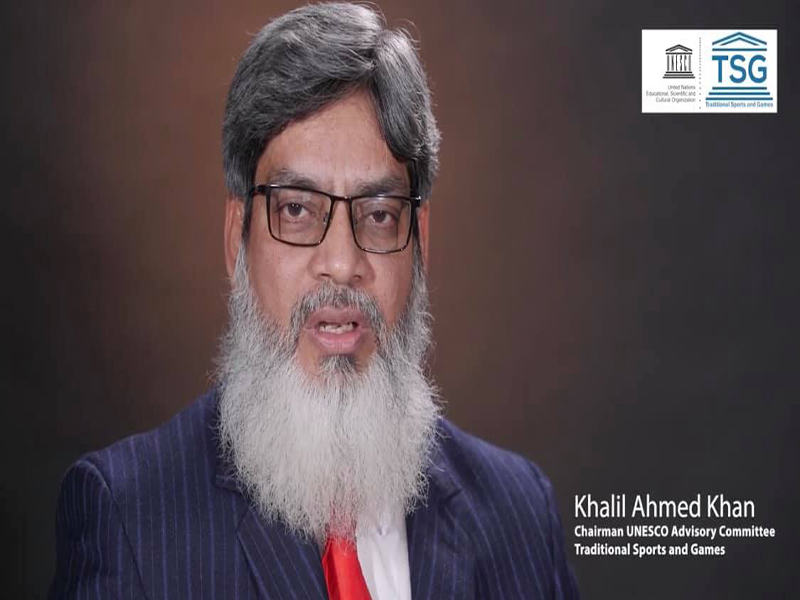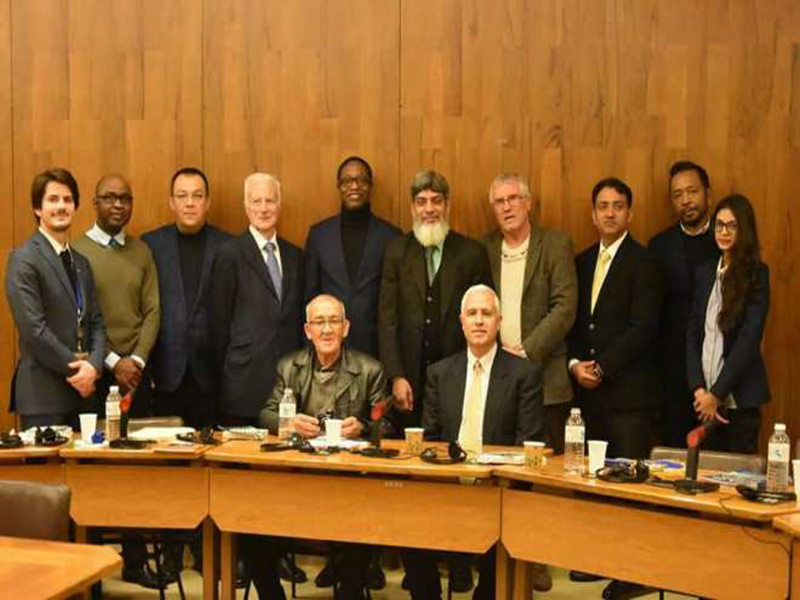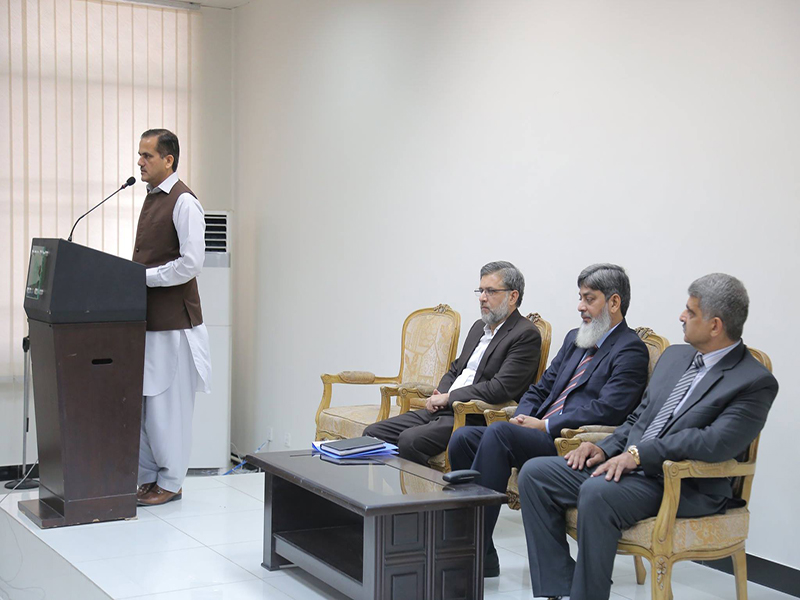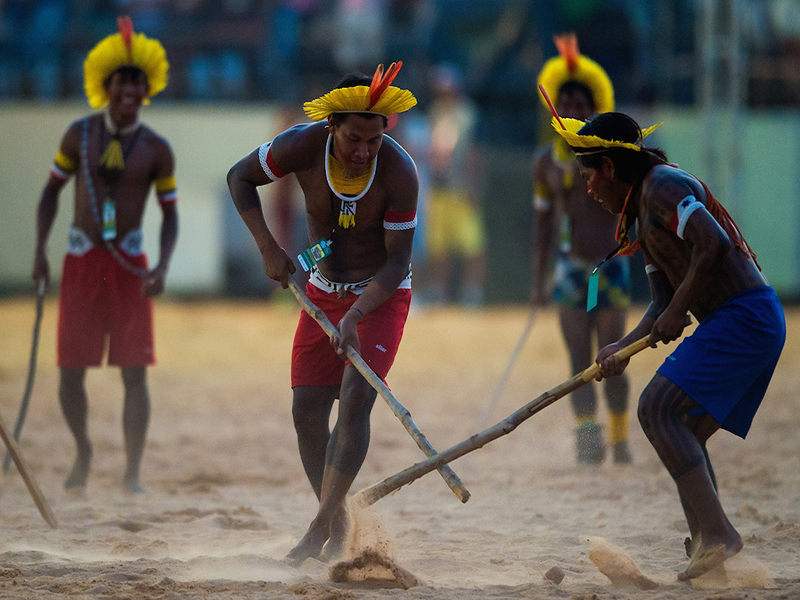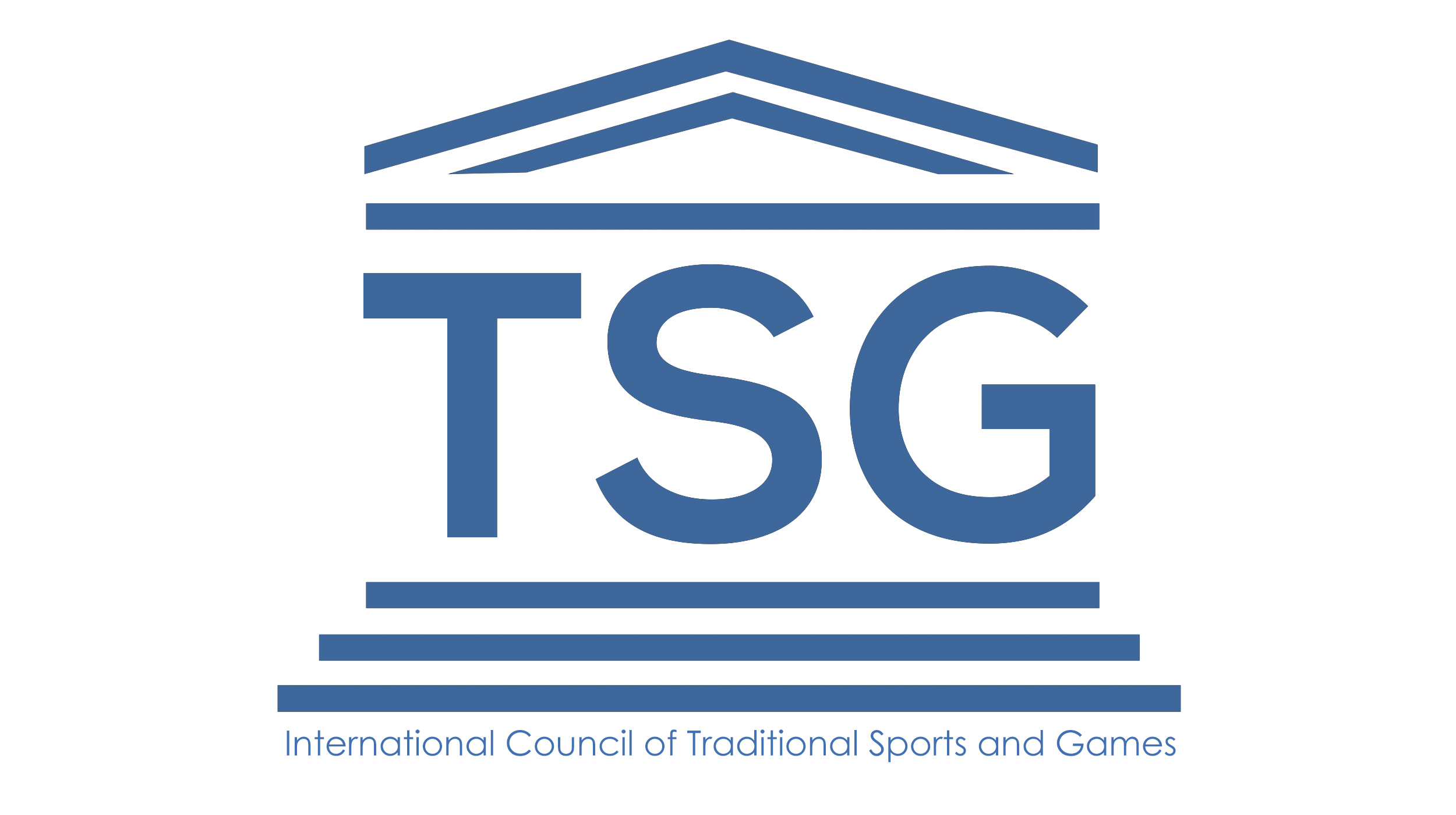The International Council of Traditional Sports and Games (ICTSG) is an official international organisation which serves as an international umbrella to ensure the safeguarding and promotion of traditional sports and games aimed to support and assist governments, non-governmental organisations, as well as the sport movement at national, regional and continental levels through harmonization, coordination of efforts, guidance, assistance and advice.
Background:
On the occasion of the 3rd Conference of Ministers and Senior Officials of Physical Education and Sports (MINEPS III), held in Punta del Este, Uruguay, in 1999, the international community proposed that significant action from UNESCO could be initiated within the framework for the promotion and preservation of traditional games and sports.
In this regard, the following important proposals were made during MINEPS III:
- Member States to be requested to organize and support festivals of traditional sports and games at both national and regional levels, and to provide opportunities for participation in the World Traditional Sports and Games;
- The Intergovernmental Committee for Physical Education and Sport (CIGEPS) requested, with the help of the relevant regional and national bodies and networks, and the support of the NGOs, associations, and institutions concerned, to prepare a worldwide list of traditional sports and games, and invited the Director-General of UNESCO, with the cooperation of existing and future regional and national bodies and networks as well as leading eventually to an international charter in traditional sports and games, to be followed by a mid-term and a long plan of action.
As part of the Declaration of Punta del Este, adopted by MINEPS III, Ministers emphasized by the preservation and the appraisal of traditional and indigenous sports from different regional and national cultural heritages, including the establishment of a World Heritage List of Traditional Sports and Games. During MINEPS IV held in Athens, Greece in 2004, several delegates emphasized the advantages of promoting traditional sports and games within education systems and some further wished for this to be translated into immediate effect, specifically via the introduction of a draft international charter on traditional sports and games. This charter proposed that countries should agree upon a universal reference framework to facilitate and support efforts to protect them.
Different seminars and round table meetings were held in close cooperation with organizations such as IATWS and UNESCO, including Collective Consultations with the participation and input by the Members States to create an International Platform for Traditional Sports and during the 2nd Collective Consultation Meeting held at Tehran-Iran in 2009, participants/stakeholders approved the creation of international platform to be known as the “ICTSG”.
As a follow-up of the above, the 3rd Collective Consultation on the Safeguarding and Promotion of Traditional Sports and Games held in 2017 at Paris, France created/approved an Ad hoc Advisory Committee on the Safeguarding and Promotion of Traditional Sports by electing its Chairman and appointing Four Working Groups, including one tasked with the establishment of an International Platform. The members of the Advisory Committee, after detailed deliberations and work over the course of the years, endorsed adoption of the recommendation of the 2nd Collective Consultation held in 2009 by establishing the International Council of Traditional Sports and Games (ICTSG) to control, manage and supervise Traditional Sport and Games in the world.
About:
The International Council of Traditional Sports and Games or ICTSG acts as an international organization aiming to serve as an international platform for the preservation, promotion and development of traditional sport and games (TSG) at the global level and play an integral part in socio-economic development, cultural heritage promotion, environmental sustainability, healthy lifestyle and a peace-building process.
Its core objectives are, inter alia, to help all concerned and interested governmental and nongovernmental national, regional and international organizations in the harmonization and coordination of efforts and capacity in view of providing guidance, counseling and to sustain initiatives and programmes that pertain to traditional sports and games for policy-makers, stakeholders and other concerned parties. In consequence, its key functions are to ensure priority towards advocacy and raising awareness about the challenges and plights that demand decisions, actions and tangible measures in different geographical, cultural and educational contexts. This will help share know-how, knowledge, information and data related to TSG at different levels of incentive and normative needs or initiatives that can contribute to improve the development and promotion of TSG at local, national, regional and international levels.
The ICTSG further aims to undertake endeavours advocating and raising awareness in relation to the cultural diversity and respect of cultural identity within the context of new issues and challenges in a globalized world, where values, knowledge, skills and behaviour are in constant change.


